#African funk
Explore tagged Tumblr posts
Text
youtube
Lahilaha Illallahu - Afro Express (Asalam Aleikum,1976)
#Soul Music#Soul Music Songs#Music#Music Songs#Soul#Afro Express#Asalam Aleikum#Lahilaha Illallahu#BMI#1976#African Funk#Youtube
13 notes
·
View notes
Text
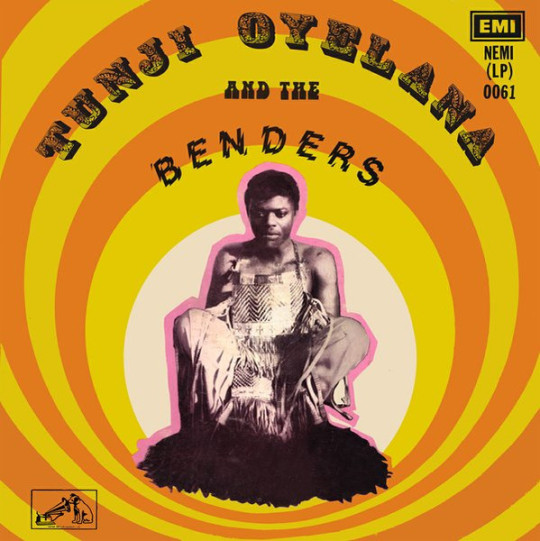
#Tunji Oyelana And The Benders#afrobeat#afrofunk#funk#west african funk#african funk#nigeria#africa#african#world#world music#record sleeve#discogs
20 notes
·
View notes
Text
#FREEDOWNLOADS #FREEPROMO #RADIOCHART Earth, Wind & Fire - Africano (Flow Lab Kid edit) - FREE D/L You can get the WAV file here: https://ift.tt/xYlK2Qr Скачать: https://ift.tt/Bim9XGh https://ift.tt/WUAnxtu
#latin funk#earth wind & fire#earth wind and fire#earth wind fire#african funk#rare grooves#FreeDownload#FreeTrack#Breaks#bboy#bgirl#africano#Earth#Wind & Fire - Africano (Flow Lab Kid edit) - FREE D/L Flow Lab Kid#SoundCloud
4 notes
·
View notes
Video
youtube
Africa Funk - The Original Sound of 70´s ( Full Album ) 2000 I’m super tired today at work, but this is helping to get me through it. I freaking love this!
1 note
·
View note
Text
Babyyy, now THAT’s how you do a tribute! 🤌🏿🔥
#erykah badu#chaka khan#what cha’ gonna do for me#live performance#queen of funk#b.e.t.#bet honors#icon#legend#music#black music#soul#funk#r&b#singer#black woman#black women#black culture#african american#afro#talent#video#sbrown82
72 notes
·
View notes
Text
1972
More from the 'Ethiopian Elvis', Alemayehu Eshete.
#Alemayehu Eshete#Alèmayèhu Eshèté#Funk#Soul#Afro-funk#African#World music#Ethiopia#Ethiopian#Africa#1960s#60s#music#Ethiopiques#Bandcamp
54 notes
·
View notes
Text

House is a music genre characterized by a repetitive four-on-the-floor beat and a typical tempo of 120 beats per minute as a re-emergence of 1970's disco. It was created by DJs and music producers from Chicago's underground club culture and evolved slowly in the early/mid 1980s, and as DJs began altering disco songs to give them a more mechanical beat. By early 1988, House became mainstream and supplanted the typical 80s music beat
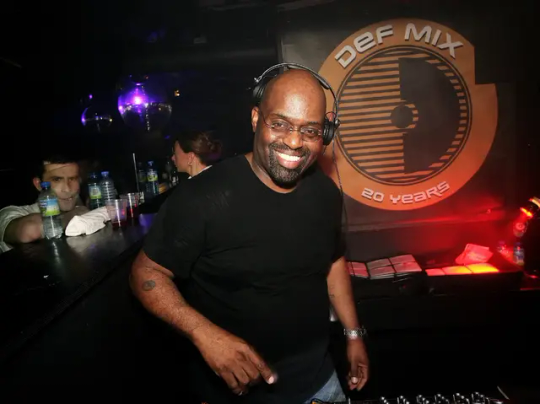
House was created and pioneered by DJs and producers in Chicago such as Frankie Knuckles, Ron Hardy, Jesse Saunders, Chip E., Joe Smooth, Steve "Silk" Hurley, Farley "Jackmaster" Funk, Marshall Jefferson, Phuture, and others. House music initially expanded internationally, to London, then to other American cities, such as New York City, and ultimately a worldwide phenomenon.

In its most typical form, the genre is characterized by repetitive 4/4rhythms including bass drums, off-beat hi-hats, snare drums, claps, and/or snaps at a tempo of between 120 and 130 beats per minute (bpm); synthesizerriffs; deep basslines; and often, but not necessarily, sung, spoken or sampled vocals. In house, the bass drum is usually sounded on beats one, two, three, and four, and the snare drum, claps, or other higher-pitched percussion on beats two and four. The drum beats in house music are almost always provided by an electronic drum machine, often a Roland TR-808, TR-909, or a TR-707. Claps, shakers, snare drum, or hi-hat sounds are used to add syncopation. One of the signature rhythm riffs, especially in early Chicago house, is built on the clave pattern. Congas and bongos may be added for an African sound, or metallic percussion for a Latin feel
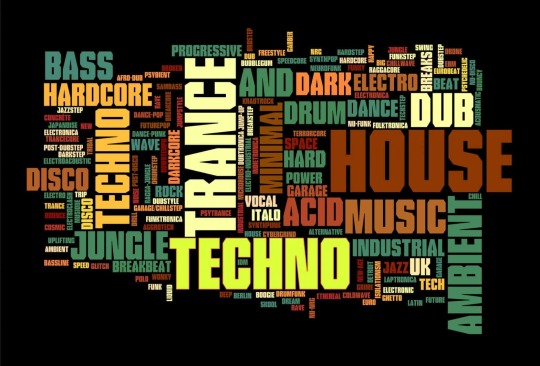
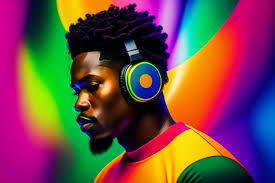
One book from 2009 states the name "house music" originated from a Chicago club called the Warehouse that was open from 1977 to 1982. Clubbers to the Warehouse were primarily African, gay men, who came to dance to music played by the club's resident DJ, Frankie Knuckles, who fans refer to as the "godfather of house". Frankie began the trend of splicing together different records when he found that the records he had were not long enough to satisfy his audience of dancers. After the Warehouse closed in 1983, eventually the crowds went to Knuckles' new club, The Power House, later to be called The Power Plant, and the club was renamed, yet again, into Music Box with Ron Hardy as the resident DJ. The 1986 documentary, "House Music in Chicago", by filmmaker, Phil Ranstrom, captured opening night at The Power House, and stands as the only film or video to capture a young Frankie Knuckles in this early era, right after his departure from The Warehouse.
In the Channel 4 documentary Pump Up the Volume, Knuckles remarks that the first time he heard the term "house music" was upon seeing "we play house music" on a sign in the window of a bar on Chicago's South Side. One of the people in the car joked, "you know that's the kind of music you play down at the Warehouse!" In self-published statements, South-Side Chicago DJ Leonard "Remix" Rroy claimed he put such a sign in a tavern window because it was where he played music that one might find in one's home; in his case, it referred to his mother's soul and disco records, which he worked into his sets

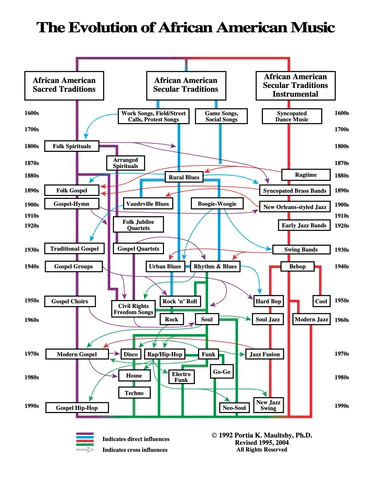
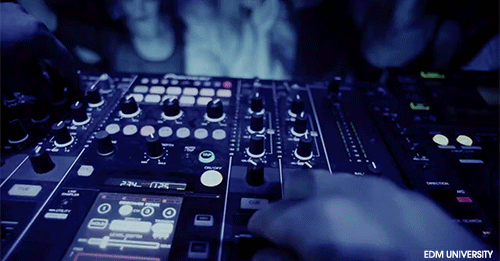
#house music#african music#chicago#african#afrakan#kemetic dreams#brownskin#africans#brown skin#afrakans#african culture#frankie knuckles#Farley “Jackmaster” Funk#dance#evolution of african american music
101 notes
·
View notes
Text
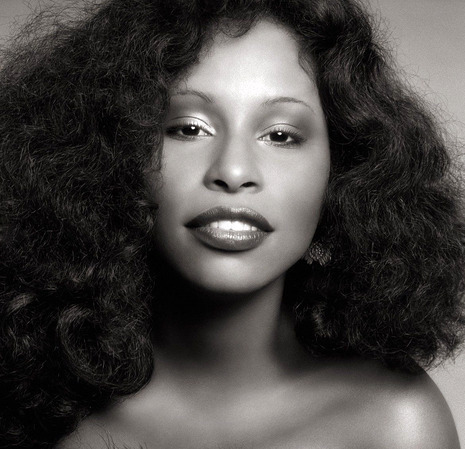
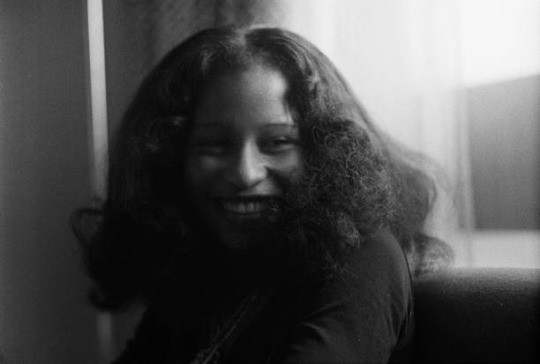
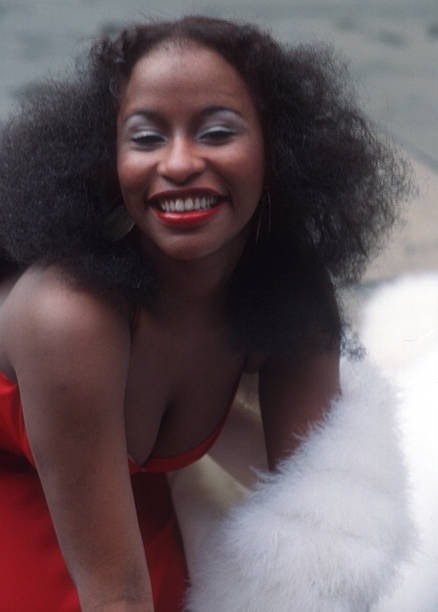
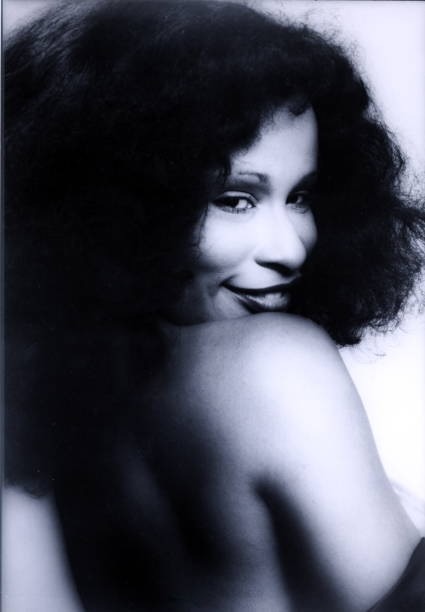
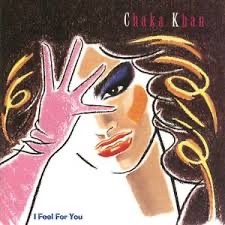
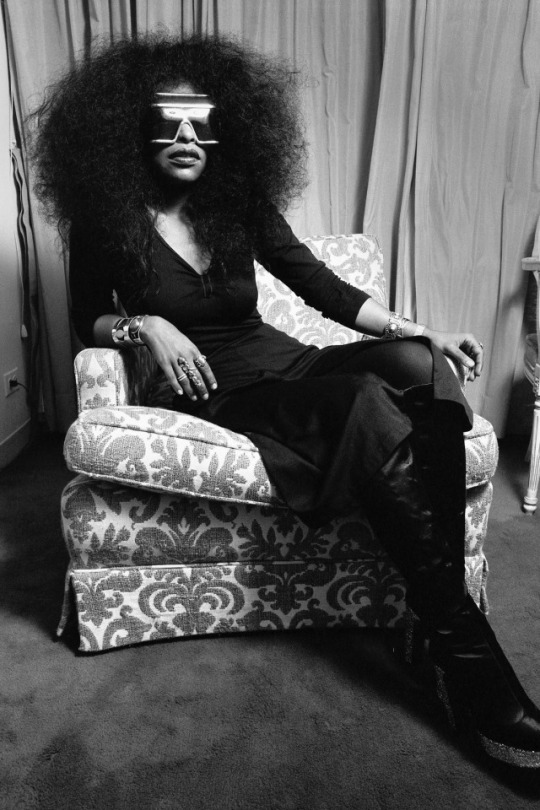
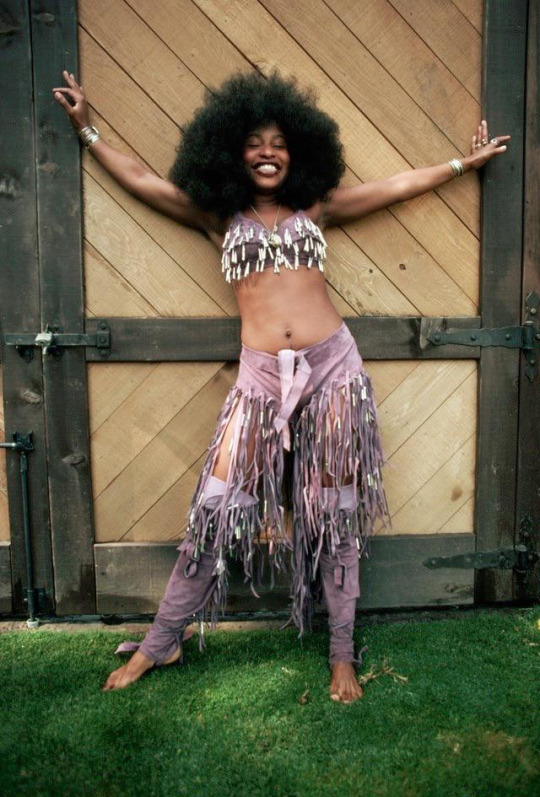
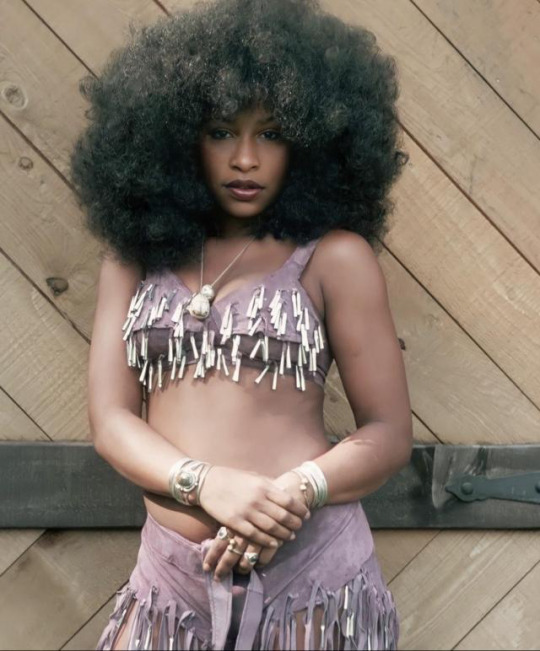
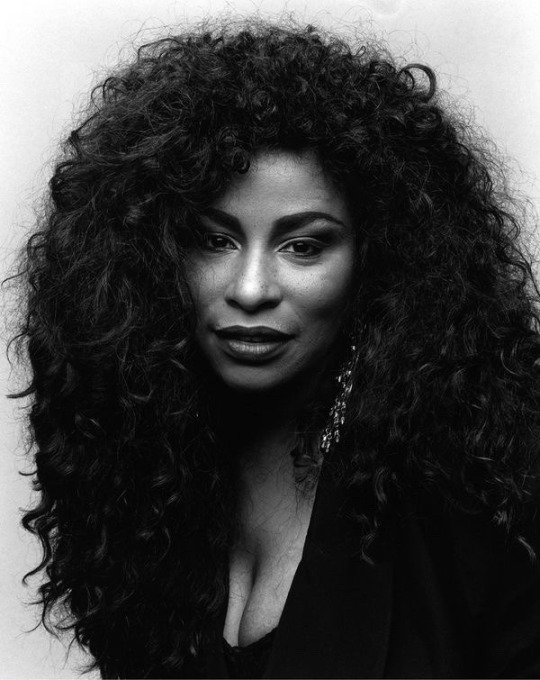
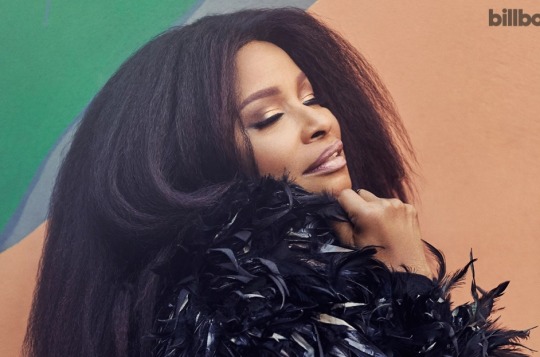
Happy Birthday Chaka Khan 🎂
96 notes
·
View notes
Text

VAUDOU GAME - Retard
Vibing afro-funk straight outta Togo! -Kris
3 notes
·
View notes
Text
357: Hailu Mergia & Dahlak Band // Wede Harer Guzo

Wede Harer Guzo Hailu Mergia & Dahlak Band 1970s, Ms Recording (Bandcamp)
I can’t 100% recall, but I’m pretty sure this was the first African record I ever bought (it was this or Nass El Ghiwane), and I wasn’t the only one—I’ve got a few friends with exactly one African record in their collection, and it’s this. When his music was rediscovered in 2016 after Awesome Tapes From Africa pressed this record (using Mergia’s own cassette copy as a source), Wede Harer Guzo became for western music nerds a part of that small company of gateway albums to the music of an entire continent. Let’s play a game of Remember Some Guys.
Remember Some Guys: That One African Record Edition
Expensive Shit Who is William Onyeabor? Wede Harer Guzo Nigeria 70 (The Definitive Story of 1970’s Funky Lagos) A dollar bin Miriam Makeba LP uh TEN$ION Remain in Light (honorary)
God I’m tired. Anyway, I’ve always had kind of an uncertain relationship with this record. Mergia’s organ can sound like a cool balm on my aching brain or… elevator music. Dahlak Band can sound like a perfect fusion of the floaty “intellectual highlife” of Celestine Ukwu and the grooves of Booker T. and the MG’s… or, what were we talking about? An entire side just past me by unnoticed, yet again. I think this has more to do with me than it does with the record… though at a cassette-length hour-plus run time, some ideas do get repeated.
(Three ellipses in one paragraph… I think that’s more than I’ve used in this whole series so far. I’m so tired of writing these things man. I’m not even really divorced, I can’t wait to leave.)
youtube
Anyway, again, at its best, the record is transcendently beautiful. The way Mergia’s organ expands and contracts like the shimmer of light on dark water on “Anchin Kfu Ayinkash,” guitarist Dawit Kassa answering his pauses with little soulful licks… there the ellipses go again. Sometimes the record feels like it’s insinuating I should go to the lobby for more popcorn. Maybe I’ll buy Raisinettes?
It’s very good I’m saying, obviously. See you tomorrow.
357/365
#hailu mergia#dahlak band#ethio jazz#ethiopia#ethiopian music#african music#jazz#funk#music review#vinyl record#awesome tapes from africa#remember some guys#defector#'70s music
8 notes
·
View notes
Text
African James Brown in 14 songs
African answers to James Brown. Music from Africa that are strongly influenced by James Brown

African James Brown
Dancing Time - The Funkees (Dancing Time / Ogbu Achara, 1972)
Do You Know My Name - Roger Damawuzan & Les As du Benin (Tropicana Souvenir Vol. 2, 1981)
Esele Mulema Moam - Los Camaroes (Ma Wdé Wa / Esele Mulema Moam, 1973)
Get It (The Way I Like) - Jojo L'Explosif (Get It (The Way I Like) / Non Non Non, 1968)
Gimme Some Lovin’ - Matata (Independence, 1974)
I Feel Funky - Matata (Air-Fiesta) (I Feel Funky / I Want You, 1973)
James Brown Ride On - Orlando Julius And His Modern Aces (James Brown Ride On / Psychedelic Afro Shop, 1970)
Let Them Talk - Geraldo Pino and The Heartbeats (Let’s Have a Party, 1974)
Moni Ngan - Willie Songue accompagné par Les Showmen (Moni Ngan / Le Jour De Fete, 1974)
Sakatumbe - African Brothers' Band (Sakatumbe (Part 1) / Sakatumbe (Part 2), 1971)
Samba - Moussa Doumbia (Lassissi Presente Moussa Doumbia, 1980)
Se Na Min - El Rego Et Ses Commandos (African Scream Contest - Raw & Psychedelic Afro Sounds from Benin & Togo 70s, 2008)
Sid Redad - Fadaul Et Les Privilèges (Sid Redad / Tayeh, 1975)
Wait For Me - Roger Damahouzan (Xede Nge / Wait For Me, 1972)
More Soul Songs
Sounds like James Brown: 20 tracks
Sounds Like James Brown, 12 tracks
Sounds Like James Brown, part 2
Sounds Like James Brown, Part 3
Sounds like James Brown, part 4
Sounds Like James Brown, Part 5
More African James Brown via Boekenblues and this YouTube Playlist.
#African James Brown#African Funk#Soul Music List#James Brown#Soul#Soul Music#Soul Music Songs#Music#Music Songs#Sounds Like James Brown
11 notes
·
View notes
Text

1976
#Fela#Fela Kuti#Fela Kuti & Afro 70#Funk#Afro-funk#Afrobeat#Nigeria#Nigerian#Africa#African#Record sleeve#Album art#Album sleeve#1970s#70s
12 notes
·
View notes
Text
#FREEDOWNLOADS #FREEPROMO #RADIOCHART Ronny Hammond & The Funky Fruitcakes - Africa Goin' Bananas (Free DL) Some New Original Madhouse African Disco Shizzles.. ENJOY !!!!!!!!!!!!!!!!!!!!!!!!!!!!!!!!!!!!!!!!!!!!!!!!!!!!!!!!!!!!!!!!!!! ... and give the VIDEO version a go right here.. : https://youtu.be/cLxPYWCKDC0 Скачать: https://ift.tt/bXsQ5VT https://ift.tt/IPJaZxy
#African Disco#Funky House#It Began In Africa#African Funk#FreeDownload#FreeTrack#Disco#Funky#House#Afro#Africa#African#Ronny Hammond & The Funky Fruitcakes - Africa Goin' Bananas (Free DL) ✰ Ronny Hammond ��#SoundCloud
0 notes
Text

Earth 11.19.24 . Old 2 new
#original#Authentic#California#Los Angeles#Blues#Rhythm#Funk#Classic#Inner city#Self-care#Fit#Health#Wealth#African-American#Right fist
2 notes
·
View notes
Text
NEW ALBUM STREAMING NOW!!!

Cypher Kabaka is the new collaborative album between Cologne, Germany based hip hop production duo Ancient Astronauts and Kampala, Uganda based indigenous hip hop crew BA Cypher Kabaka, released June 22nd 2024 on Switchstance Recordings.
Listen to the full album now:
youtube
#hip hop#rap#funk#reggae#african music#indigenous music#african artist#uganda#collaboration#heritage harmony records#german hip hop#ancient astronauts#underground hip hop#Youtube
2 notes
·
View notes
Text




Go-go is a subgenre of funk music with an emphasis on specific rhythmic patterns, and live audience call and response.
Go-go was originated by African-American musicians in Washington, D.C., during the mid-60s to late-70s. Go-go has limited popularity in other areas, but maintains a devoted audience in the Washington metropolitan area as a uniquely regional music style and was named the official music of Washington, D.C., in February 2020.
Performers associated with the development of the style include Rare Essence, EU, Trouble Funk, and singer-guitarist Chuck Brown. Modern artists like Charles "Shorty Corleone" Garris continue the go-go tradition in D.C.
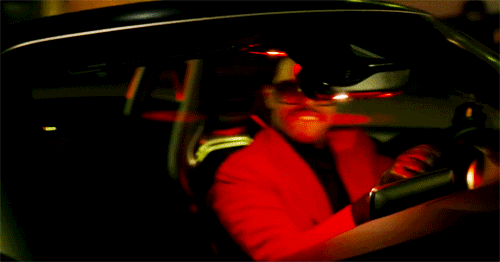
Origins
Although Chuck Brown is known as "the Godfather of Go-Go", go-go is a musical movement that cannot be traced back to one single person, as there were so many bands that flourished during the beginning of this era that they collectively created the sound that is recognized as go-go of today. Artists such as Marvin Gaye, Van McCoy, Billy Stewart, Peaches & Herb, Black Heat,Experience Unlimited (E.U.), Vernon Burch, Sir Joe Quarterman & the Free Soul, the Moments, Ray, Goodman & Brown, True Reflection, the Unifics, Terry Huff & Special Delivery, Act 1, the Dynamic Superiors, Skip Mahoney & the Casuals, the Choice Four, and the Fuzz that played soul music during pre-go-go era.
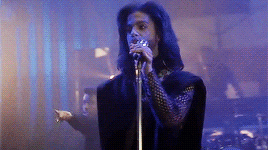
The term "gogo" (as it applies to a music venue) originated in France in the early 1960s, at the Whiskyagogo nightclub, named after the French title for the British comedy "Whisky Galore!".The club also featured go-go dancers. In January 1964, capitalizing on the emerging popularity of "go-go dancers", the name was licensed to a Los Angeles club, the Whisky a Go Go, and from there the term "go-go" spread nationwideThe Cafe Au Go Go in NYC was also in business during that time, gaining notoriety when Lenny Bruce was arrested there in April 1964. By 1965, "go-go" was a recognized word for a music club, as evidenced by the TV show Hollywood A Go-Go (march 1965-1966), or the song title of that year's hit Going to a Go-Go by Smokey Robinson & the Miracles (released November 1965). At a go-go club, dancers could expect to hear the latest top 40 hits, performed by local bands and DJ's. (The French Whiskyagogo had been one of the first venues in the world to replace live music with records selected by a disc jockey.)
In Washington D.C., minor group Wornell Jones and the Young Senators were formed in 1965, beginning a fierce competition with Chuck Brown and Black Heat on the local club circuit. The Young Senators later became known for their song "Jungle" released in 1970 by Innovation Records. Guitarist and bandleader Chuck Brown is widely regarded as "the Godfather of Go-Go".
Chuck Brown was a fixture on Washington and Maryland music scene with his band Los Lotinos as far back as 1966. By the mid-1970s, he had changed the group's name to The Soul Searchers, and developed a laid-back, rhythm-heavy style of funk performed with one song blending into the next (in order to keep people on the dance floor). The beat was based on Grover Washington Jr.'s song "Mr. Magic," though Brown has said in interviews that both he and Washington had adapted the beat from a gospel music beat found in African churches.

Washington, D.C., funk's early national chart action came when Black Heat (the first D.C. go-go band to be signed by a major record label) released their Billboard top 100 hit "No Time To Burn" from their second album on Atlantic Records in 1974. They then toured with such national acts as Earth Wind & Fire, Parliament Funkadelic, Ohio Players, The Commodores, and others. In 1976, James Funk, a young DJ who spun at clubs in between Soul Searchers sets, was inspired (and encouraged by Brown himself) to start a band—called Rare Essence (originally the Young Dynamos)—that played the same kind of music.

#african#afrakan#kemetic dreams#africans#brownskin#brown skin#afrakans#african culture#afrakan spirituality#go go music#gogo music#african music#washington dc#funk music#funk#african american#african american music
20 notes
·
View notes